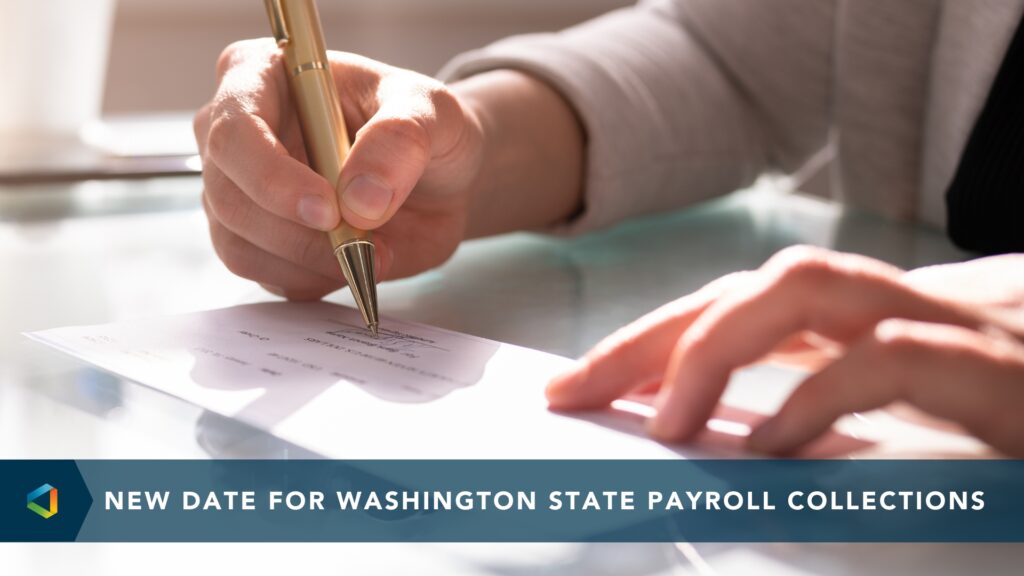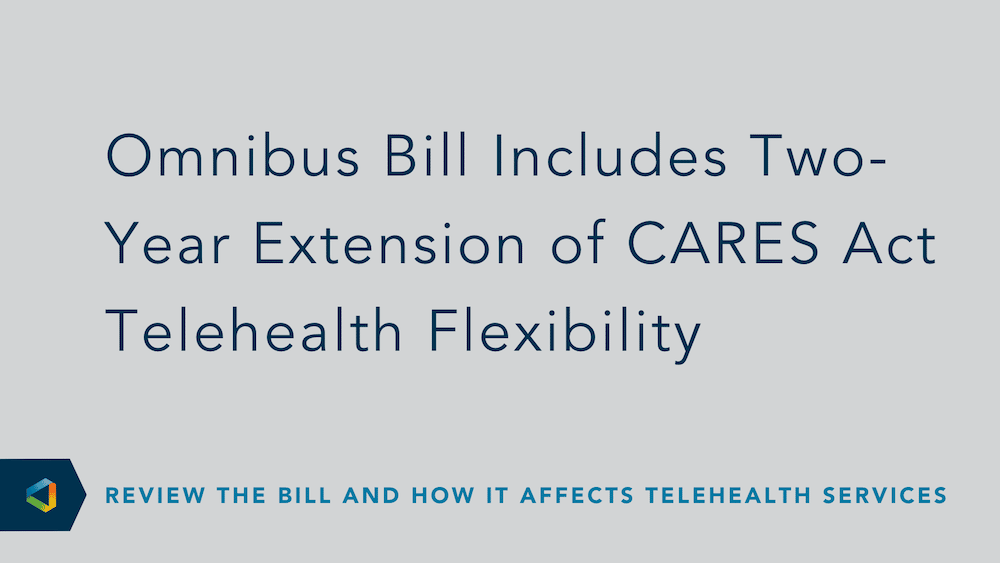APPLIES TO |
EFFECTIVE |
QUESTIONS? |
| All Employers with New York City, NY Employees
in Fast Food or Retail Industries |
November 26, 2017 | Contact your OneDigital Representative |
On May 30, 2017, Mayor de Blasio signed into law the “Fair Work Week” legislative package, which includes five bills affecting workplace practices for fast food and retail workers operating in New York City. This legislative package is similar in many ways to Seattle’s Secure Scheduling Ordinance, though NYC’s bills are even more stringent in requirements. This may signal the beginning of a shift in the development of fast food and retail employee rights.
In general, these bills impart scheduling restrictions on employers of fast food establishments and add certain notice and recordkeeping provisions. The bills include Introduction 1384-A, 1387-A, 1388-A, 1395-A, and 1396-A. A summary of key provisions of the bills is below.
Regulations Impacting Fast Food Workers
Schedule Notice and Posting
-
Employers must provide employees with a written work schedule that provides a good-faith estimate of their expected work hours each week through employment. The estimate must include dates, times, and locations for the scheduled work hours, and if any changes need to be made, an updated, written estimate should be issued as soon as possible after the change is affected.
-
Employers must provide an additional written work schedule that identifies regular and on-call shifts, provided with at least 14 days’ notice.
-
Schedules are to be posted in a conspicuous location at each worksite and provided to each employee in hard copy. Electronic copies may be provided if such methods are typically used to communicate scheduling.
-
If scheduling changes occur, updated schedules must be disseminated to affected employees and re-posted at the worksite within 24 hours of knowledge of the change.
Record Requests: Employers must be prepared to furnish records of an employee’s schedule within the last three years to a requesting employee. Employees may also request the current work schedule for all employees working in the same location.
Unscheduled Hours Not Permitted: Employees cannot be required to work, or be available to work, hours not included in their initial written work schedules or on-call projections. If the employee voluntarily agrees to work unscheduled hours, the employer must first obtain the employee’s written consent.
Unscheduled Hours Premium: If a fast food employee is scheduled for hours not listed on the original written schedule, employers will be required to pay certain premiums:
Type of Change to Work Schedule |
When Employee is Notified of Change |
Penalty Fee
|
| Additional hours or shifts are added, or dates or start/end times of a shift changed with no loss of hours | At least 7 days’, but no less than 14 days’, prior notice | $10 |
| Additional hours or shifts are added, or dates or start/end times of a shift changed with no loss of hours | Less than 7 days’ prior notice | $15 |
| Hours are subtracted from a regular or on-call shift, or a regular or on-call shift is cancelled | At least 7 days’, but no less than 14 days’, prior notice | $20 |
| Hours are subtracted from a regular or on-call shift, or a regular or on-call shift is cancelled | Less than 7 days’ prior notice | $45 |
| Hours are subtracted from a regular or on-call shift, or a regular or on-call shift is cancelled | Less than 24 hours’ prior notice | $75 |
Premiums must be paid on the regularly scheduled pay day. Exemptions to the premium pay regulations apply in specific circumstances, such as when there is a declared state of emergency, natural disaster, or other, extreme condition (e.g., fire, flood, threats to employees or the employer property). However, if employers add shifts to a schedule to cover or replace an employee who cannot safely travel to work, the covering employee is owed premium pay.
Lastly, employees may be exempt from premium pay if they voluntarily request a schedule change in writing, or if two employees trade shifts with one another in accordance with an existing policy that allows such exchange.
First “Dibs” for Existing Workers: Employers must give currently employed workers priority when offering regular or on-call shifts, rather than hiring new employees to fill these shifts. This regulation applies to employees at all locations owned by the same employer, not just the same worksite. Employers will be required to post notice informing current employees of the new shifts being offered, among other information. This notice must be (A) posted for three consecutive days in a conspicuous location in the worksite and (B) electronically disseminated to each fast food employee.
Restrictions on Back-to-Back Shifts: Employees cannot be required to work two shifts with fewer than 11 hours between the end of the first shift and the beginning of the second shift where the “first shift ends the previous calendar day or spans two calendar days,” unless the employee requests or consents to do so in writing. Otherwise, employers must pay a $100 premium penalty for each instance of a back-to-back shift.
New Option for Payroll Deductions: Fast-food employees now have the right to make contributions to certain authorized not-for-profit organizations. The employee must provide a written request that contains specified information to request these voluntary deductions. Upon receipt of the request, the employer is required to set up the deduction no later than the first pay period within 15 days of receipt, then remit the deduction directly to the not-for-profit organization within 15 days of the deduction.
Regulations Impacting Retail Workers
Schedule Notice and Posting: Similar to fast food workers, employers must (A) provide retail employees with written schedules and (B) post the schedule in a conspicuous location, both no later than 72 hours before the first shift on the work schedule. If changes are made to the schedule, the posting must be updated and affected employees must be directly notified of such changes.
On-Call Scheduling Now Prohibited: Employers are no longer permitted to schedule any retail employee for on-call hours.
No Sudden Schedule Changes: Employers cannot cancel a regular shift for a retail employee within 72 hours of the start of the shift, or add a new shift with fewer than 72 hours’ notice, unless the employee consents, in writing, to work such a shift. Further, employers cannot require employees to contact the retail employer to confirm whether or not the employee should report for a regular shift fewer than 72 hours before the start of such a shift.
However, employees may voluntarily elect to trade shifts with each other, and employers may grant an employee’s request for time off. Sudden scheduling changes with less than 72 hours’ prior notice are permitted in specified, extreme conditions, such as threats to employee safety, failure of public utilities, natural disaster, etc.
Record Requests: Employers must be prepared to furnish records of an employee’s schedule within the last three years to a requesting employee. Employees may also request the current work schedule for all employees working in the same location.
New Poster and Recordkeeping Obligations
Poster: The City of New York will publish posters outlining these rights and regulations. Any fast food and retail employers with covered employees must post the notice in a conspicuous location. The notice must be posted in English and any primary language spoken by at least five percent of the employees at each worksite.
Recordkeeping: Employers must retain all records related to these scheduling regulations for at least three years, or two years for records related to not-for-profit payroll deductions/contributions.
Anti-Retaliation and Enforcement
As is typical of regulations extending new protections to employees, the legislative package also contains anti-retaliation provisions. Employers may not take adverse action (e.g., threatening, disciplining, discharging, reducing hours or pay, etc.) against any fast food or retail employee exercising their rights under the laws.
Employers who fail to comply with the regulations can face significant penalties, as well as administrative investigations or lawsuits brought by both employees or the New York City corporation counsel.




